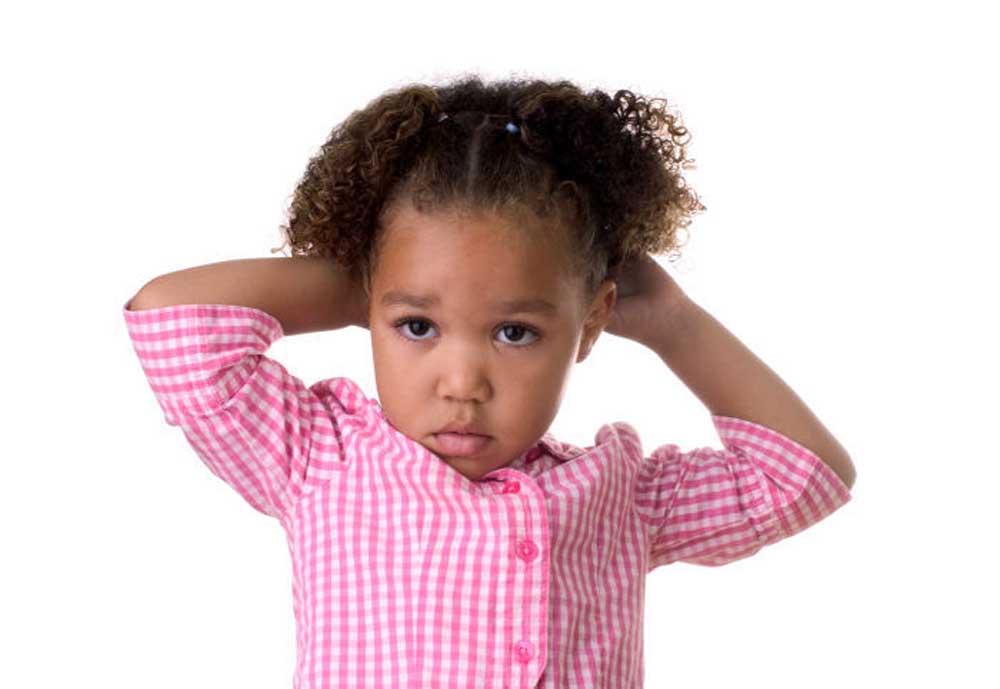Whaaat? Noisy environments may slow toddlers’ speech development
Published 10:00 am Saturday, February 27, 2016

- Toddler language development
Our world is getting noisier by the year, which could be a problem for those of younger years. New research has found that young children have a lot of trouble understanding speech in a noisy environment.
This is an especially difficult problem, because children need to hear others talking in order to progress linguistically.
Trending
“Young children learn language from hearing it,” said Dr. Rochelle Newman of the University of Maryland. “They have a greater need for understanding speech around them but at the same time they’re less equipped to deal with it.”
Toddlers’ ears aren’t the problem. Their auditory systems are well developed in infancy. However, their ability to process the information they receive isn’t as sophisticated as an adults’.
“We tend to think bustling environments and creating background noise is stimulating for kids,” said University of Maryland child language specialist Nan Bernstein Ratner. “What’s stimulating on the part of the parent may not be for the child.”
In a noisy environment, young children are less able to tune out the irrelevant noise and focus on what’s being said to them, but that’s not the only problem. The main issue is that noises can drown out parts of words or sentences. An adult’s brain will simply substitute a logical choice, usually well enough so they don’t even notice. Young children’s brains have not developed this ability.
Researchers simulated the environment of a noisy restaurant by playing recordings of multiple people talking at once. They then tested how well toddlers were able to pick up on words that they knew, learn new words or detect a new voice.
They found that the children could recognize what was being said to them, but only with background noise at the softest levels. Even the relative quiet background noise of story time in school or day care is enough for some children to miss words.
Trending
Experts offered some tips to help your child understand you and develop linguistically:
• Speak clearly and make eye contact when speaking to your child.
• Try moving to a quieter area before having a conversation with your toddler in a crowded or noisy environment,
• Make sure you face your child if you have to have a conversation in an area with a lot of background noise. They can pick up on mouth movements that will help them understand you.
• If they still cannot understand, try again with simpler words.
• Don’t leave the TV, radio and other electronics on in the background at home. It’s not clear whether soft music is distracting, but lyrics might be, Ratner said.
• If your child is having behavior issues in school, make sure being unable to hear in class isn’t the source of her problem.


